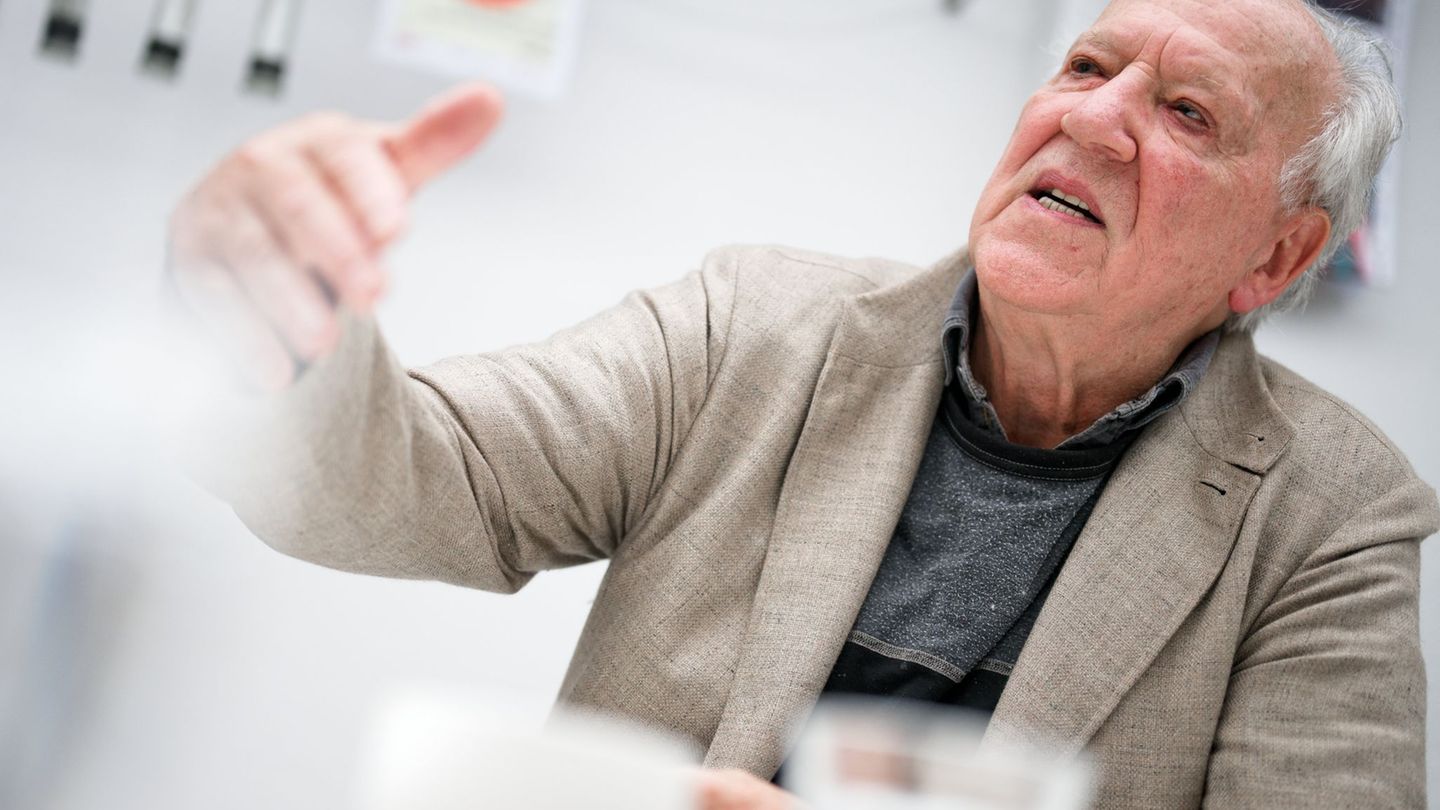Abeceb, the consulting firm founded by the economist Dante Sica, will carry out its 13th International Forum dedicated to analyzing the new global order that emerged after the pandemic and the war in Ukraine. It will feature a speech by the former president of the Government of Spain, Mariano Rajoy; Mauricio Macri; the president of Paraguay, Santiago Peña; and the former president of Uruguay, Luis Alberto Lacalle de Herrera. And also from the elected governors: Jorge Macri, from the Autonomous City of Buenos Aires, and Rogelio Frigerio, from Entre Ríos. About, Mariana Camino, president and CEO of Abeceb, He highlighted his expectation for the event and highlighted the new opportunities that are opening up for Argentina. Below is the talk he had with Ambit.
Journalist: Lately some are talking about there being a process of deglobalization in the world. What is your opinion on that?
Mariana Camino: It is under discussion whether there is deglobalization. We believe not, it is more discussed. It is clear that countries are more interconnected because no country is self-sufficient. What we are seeing is that flows today are dominated by the economy of the intangible. Flows of goods, services, capital, talent, data and information remained resilient. That’s why there is more globalization, not less.
Q: What is the role of the region and Latin America in that world?
MC: What we are seeing in terms of flows and interconnection is that, after the pandemic, there was a relocation of supply chains. It is a region that stays away from conflicts, which are the new black swans. These are assets and from that point of view the region has the possibility of growing in terms of trade agreements. There is a demand that looks favorable for the region.
P.: It will be privileged to have the supply of inputs nearby…
MC: That is the nearshoring phenomenon that began after the pandemic. In the region it is Mexico. We see that discussion moving forward, we are seeing some results and that it is an opportunity to give a strategic turn that Latin America has, which once again had some relevance.
Q: Does China’s advance in the region have any impact?
MC: We see that the main investor continues to be the United States. In this dispute between China and the United States, we consider the link to be more pragmatic. What China has is that it penetrates more easily into countries with macroeconomic weakness, such as Argentina, and collaboration has more to do with investing and being a local partner or giving a currency swap.
Q: How is Mercosur in relation to this?
MC: Paraguay, which will have the pro tempore presidency, expressed itself in the opposite direction. They recognize Taiwan as an independent country. There is a whole geopolitical perspective that is under construction.
Q: Do you see Mercosur following Brazil in the BRICS?
MC: I see him more in tension. There has always been a problem of asymmetry in the size of the countries. But regardless of the fact that Brazil is a closed economy and the ideology that Lula may have, the reality is that he wants to ride the global wave. It has the capacity to be a global provider of clean energy, and with Paraguay they are exploiting that agenda. The opportunity is there, they can go with bilateral agreements regardless of anchoring in the region.
Q.: In view of the change of government, if Javier Milei wins, who says he wants to break relations with China, how do you see Argentina?
MC: Diana Mondino dreams of being chancellor. This enters the realm of speculation but, if it were her, we see that she has a more pragmatic view, making agreements with those countries in which growth can be achieved while respecting international rules. I see it in that more rational sense.
Q: And in the case of Sergio Massa, can we think of greater proximity to the United States?
MC.: I think that, if Massa becomes, he will advance an agreement with the International Monetary Fund. The economy needs it, and that is why there is a greater possibility that it will turn to a more pragmatic relationship. I don’t see it with as heavy an ideological burden as the Kirchnerist government.
Q.: What are you seeing for the future of Argentina with Vaca Muerta and the transition towards clean energy?
MC: Vaca Muerta is very positive and has a lot of potential, there are investments and there is no turning back. In the medium term it is encouraging. What there is is a sector that works but does not have a stable macro or favorable business climate. It works “despite”. The development will depend on the macro corrections, the incentives and the price signals that occur.
Q.: In the government the signal that is given is that they want to continue with the subsidies.
MC: If one refers to everything that is already set up in the operation, it can be said that it has a lot of potential, it will generate foreign exchange in the medium term. But if one looks at the situation, there is a gap between the international price and the local price, a regulation that distorts prices. That has to change. There are no incentives for oil companies to import expensive and sell cheap. All that are depressed prices, Fair Prices, are distortions.
Q.: In relation to the economy of 2024, it seems that the possibility of dollarization is receding, but that a kind of adjustment is inevitable. What do you see?
MC: Dollarization is moving away, because before thinking about it, we must think that corrections must be made to all these price distortions that the economy has. Regardless of who wins, the first thing is to stabilize public accounts. That is why analysts talk about a “comprehensive program.” There is a very weak economy and a very strong recessive trait. From Sergio Massa, our scenario is that it will advance with stabilization but without reforms. He will seek agreements but we do not see that he is going with significant reformist conviction. We do not see that it can solve underlying problems although the economy is already suffering from very significant structural damage. Argentina lost the thriving middle class market it always had. I believe that there will be an administration of the economy with some perception of improvement but that does not assume profound corrections because that has a political cost and, furthermore, I do not believe that it is what the voter is asking of Massa. If it becomes Milei, we believe that what he proposed as a radicalized reform will be more conservative. We don’t know how conservative it will be.
Source: Ambito




